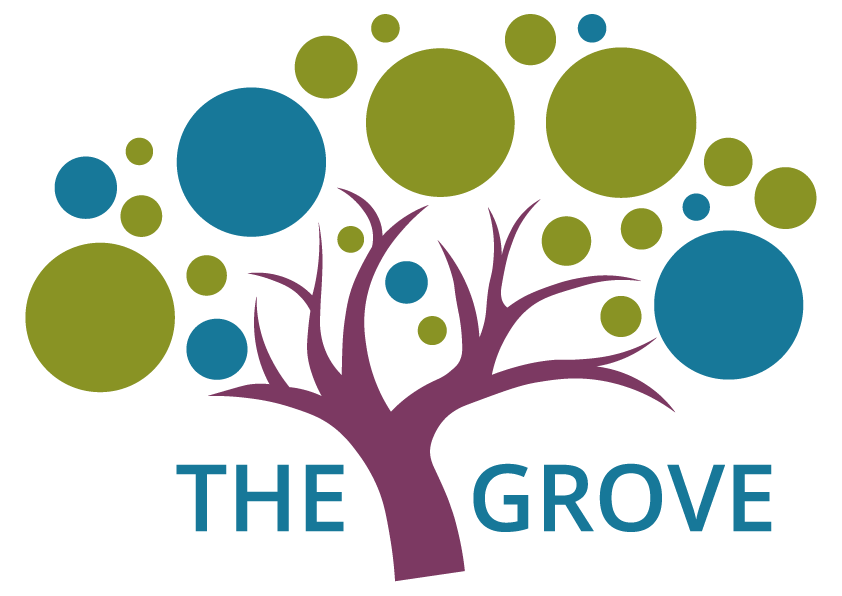The internet and being online provides new opportunities for young people’s learning and enjoyment, but it can also expose them to new types of risks.
Social media, online games, websites and apps can be accessed through mobile phones, computers, laptops and tablets – all of which form a part of children and young people’s online world; it is an integral part of children and young people’s lives.
As a school we have a duty to ensure that we teach pupils about online safety, in and outside of school. This is done through a whole school approach which helps to ensure that our staff, governors, volunteers and families are able to teach our children and young people about online safety. We encourage our pupils to ask any questions and participate in an ongoing conversation about the benefits and dangers of the online world.
We hope some of this information will help you to support your child.
Our Online Safety Lead is: Miss Nadine Huseyin, who is also a CEOP Ambassador.
Our school Online Safety Policy can be found in the Policies & Privacy Notices section.
Please note the policy is currently being updated to become a trust wide policy for SEARCH Education trust, inline with new guidance and procedures for online safety. This should be completed by 31st October 2024.
Please click on each of the headings below for links to further information and advice.
CEOP Education
CEOP is the Child Exploitation and Online Protection Centre, it contains resources and advice for
- 5 to 7
- 8 to 10
- 11 to 13 year olds
- young people 14+
- parents and carers
- teachers
https://www.ceopeducation.co.uk/parents/
CEOP
CEOP stands for the Child Exploitation and Online Protection Command. They are part of the police who investigate and deal with cases of online grooming. Their Child Protection Advisors are fully trained to offer support and guidance to any young people who are worried about online grooming. You can find more information and contact CEOP directly on their website ThinkUKnow.
If you are concerned about anything your child sees or hears online we encourage you to report your concerns to CEOP by clicking on the button at the top of their page. Once you have completed the form it is likely that one of their officers will get in touch with you soon after. We also encourage you to support us in educating your child about reporting through CEOP. Nadine Huseyin is a CEOP ambassador.
CEOP YouTube Channel
Advice about what to do if you are worried about online abuse or the way someone has been communicating online.
https://www.youtube.com/user/ceop
UK Safer Internet Centre
The UK Safer Internet Centre website contains online safety advice, tips and resources for young people, parents and carers, and teachers and professionals.
https://www.saferinternet.org.uk
NSPCC Online Safety
As a parent it is important to understand the risks so that you can talk to your child about how to stay safe and what to do if they ever feel scared or uncomfortable. From setting up parental controls to advice on sexting, online games and video apps, the NSPCC can help you to understand the risks and keep your child safe.
https://www.nspcc.org.uk/keeping-children-safe/online-safety
Childnet International
Childnet’s mission is to work in partnership with others around the world to help make the internet a great and safe place for children.
Educate Against Hate
Messages of hate can take many forms. Extremist groups use them to recruit young people. Families can find answers to common questions and resources to help protect your child / children.


